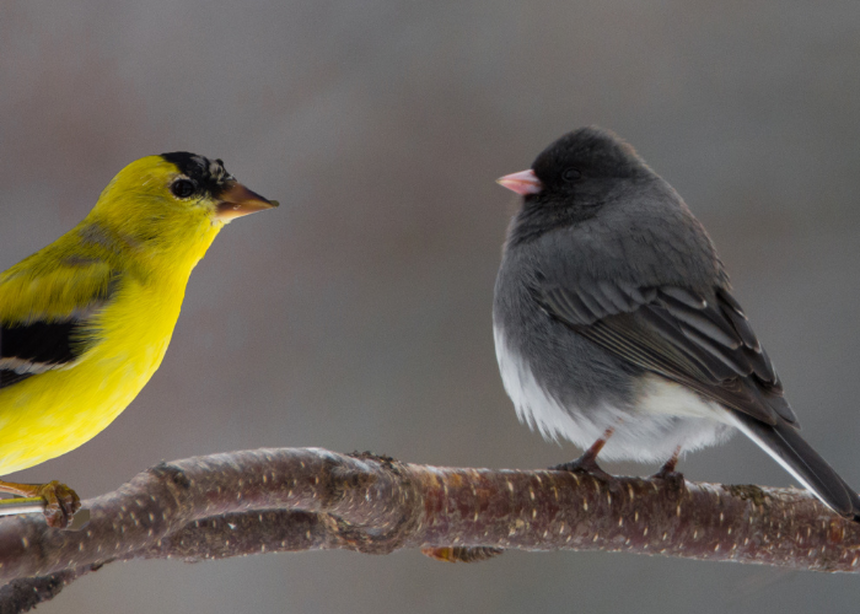|
At the age of 11 was the first time I was exposed to suicide. A young man from our small rural church was reported missing. The men in our community gathered together to search for him, and my father found him. He had taken his life. Almost 5 decades have passed and suicide has continued to be part of my life through various avenues; the attempts of family members, the loss of a family member to suicide, numerous clients who have struggled with despair and suicidal ideation, and the poignant journey of traveling with families who are learning to live with these tragic losses. Fast forward to fall 2020 and suicide is still a grave concern. A year ago, most of us had not heard the acronym - COVID-19. Today it is the topic of conversations especially as we transition back to school and work places. The landscape of social interaction has been altered. In Canada, we had never experienced a global pandemic and its consequences; we were unable to organize to change in a satisfactory way because change occurred frequently with little warning and minimal personal control. We could only react, and many experienced crisis like job loss. Two things we know occurs in the aftermath of a disaster - a baby boom (memes suggest the babies born next spring might be referred to as Zoomers or Coronials), and an increase in mental health concerns. The Canadian Poverty Institute has completed a thorough review of the COVID 19’s impact on mental health to date. See report here. Their research revealed an increase in anxiety from 5-20% and depression from 4-10%. The Distress Centre in Calgary reported a 94% increase in calls in June of 2020 compared to June of 2019. There has also been an increase in suicide related contacts. Research suggests that persons who have experienced reduced income or unemployment, have pre-existing mental health conditions or are front line workers are at a higher risk of suicidal thoughts and attempts. Other psycho-social factors impacting suicidal ideation and attempts are concern for family members, self isolation, family violence, and social media and news exposure. Social media/news, family violence and loss of routine increase concern for children, and the elderly or convalesced persons were also labelled as high risk groups. The events that led to racism awareness superimposed further stress on an already vulnerable society even though racism reduction is also a grave concern. This information suggests that all of us have been impacted or know someone who may have been negatively impacted by COVID 19. Loving our neighbour at this time involves checking with those we know and asking how they are doing. If you suspect someone may be at risk of harming themselves, it is important to ask specific questions. Emotions deemed concerning are despair, anger and loneliness. If persons seem to be withdrawing, or are quarantining check in to see how they are coping. Connection with another person even if it is electronic can make a significant difference in someone’s experience of isolation. As for ourselves and family, recognizing and implementing resiliency based practices help maintain our wellness and perseverance. First, manage our expectations of self and others. The increased stress means most people are probably functioning 5-10% below normal capacity - be charitable - we are all in this together. Second, balance our activities/work with ones that restore like exercise, play, prayer, or contemplation. Third, establishing rituals that create routine and predictability such as family game night, attending mass, devotional or reading, or pizza nights. When change is unpredictable without an identifiable end - rituals/routines helps us stay oriented and future focused. Fourthly, minimize manageable stressors such as reducing social media and news exposure. Finally, if you notice that yourself or someone close to you seems persistently stressed, please consider connecting with professional resources. These include but are not limited to a spiritual director, your pastor, an agency like Catholic Family Services (Rapid Access Counselling program), The Distress Centre or a therapist in private practice (or you can go to Psychology Today and put in your preferences for a therapist and a list is generated). Today, on World Suicide Prevention Day, let us pray that through love of neighbour we can continue to interrupt the desire that suicide is a solution to overwhelming change and stress. May God look with mercy on all whose afflictions bring them distress, confusion and isolation, and may God give to them understanding helpers and the willingness to accept help.
0 Comments
Your comment will be posted after it is approved.
Leave a Reply. |
Author
Catholic Pastoral Centre Staff and Guest Writers Archives
July 2024
Categories
All
|


 RSS Feed
RSS Feed